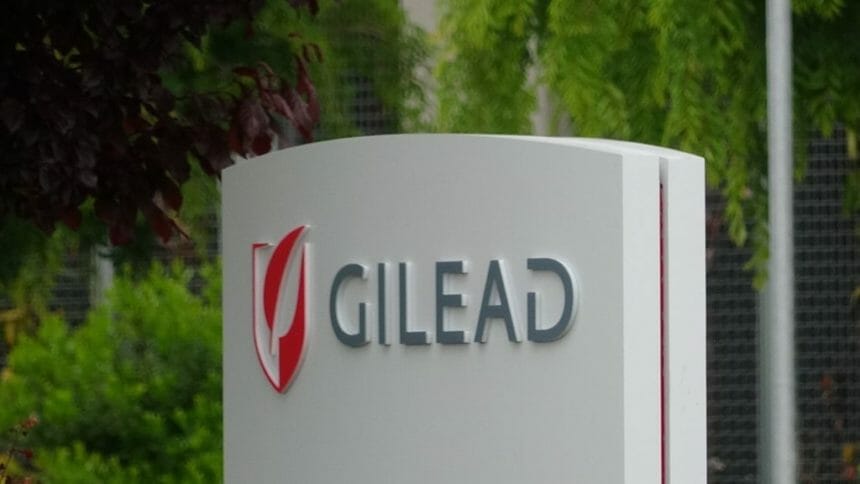Gilead Sciences announced Monday morning it will acquire biotech CymaBay Therapeutics in a deal worth $4.3 billion.
The acquisition gives Gilead rights to CymaBay’s lead candidate — a drug called seladelpar that’s being examined for the treatment of primary biliary cholangitis (PBC), an autoimmune condition that involves inflammation of the bile ducts and ultimately destroys the liver.
Seladelpar will be a key addition to Gilead’s current liver pipeline, the company said in a press release.
“We are looking forward to advancing seladelpar by leveraging Gilead’s long-standing expertise in treating and curing liver diseases,” Gilead CEO Daniel O’Day said in a statement. “Building on the strong research and development work by the CymaBay team to date, we have the potential to address a significant unmet need for people living with PBC and expand on our existing broad range of transformational therapies.”
Seladelpar is an oral, selective peroxisome proliferator-activated receptor delta (PPARδ) agonist, which works on metabolic and liver disease pathways.
The drug was given breakthrough therapy designation by the Food and Drug Administration, and CymaBay submitted a new drug application (NDA) for seladelpar back in December. The NDA was for the indication of management of primary biliary cholangitis, including pruritus (itching) in adults without cirrhosis or with compensated cirrhosis.
“People living with PBC need new treatment options to reduce the risk of disease progression and the daily impact of their disease from debilitating symptoms like pruritis,” said Klara Dickinson, chief regulatory and compliance officer at CymaBay Therapeutics, at the time.
The FDA decided to grant seladelpar priority review with a due date of August 14, 2024 and the agency is not currently planning to hold an advisory committee meeting on the drug.
In CymaBay’s Phase 3 RESPONSE study, the drug reached statistical significance over placebo across its primary endpoints including biochemical response and normalization of alkaline phosphatase at 12 months. It also led to “significant improvement” in pruritis at six months, Gilead stated.
“Now that seladelpar has achieved priority review with the FDA, we are excited that Gilead, with its long-standing commitment to patients with liver disease, can apply its regulatory and commercial expertise to bring seladelpar as quickly as possible to people with PBC,” said Sujal Shah, president and CEO of CymaBay Therapeutics, in a statement.
CymaBay’s shares increased by nearly 25% after the deal was announced, reaching a record high on Monday, with Gilead paying $32.50 a share in cash.
The acquisition was announced one week after Gilead posted its latest earnings, in which quarterly revenues dipped 4% to $7.1 billion due to a 28% decline in sales of Veklury (remdesivir) as well as lower sales for HIV treatments.
The deal also follows several moves Gilead made last year to expand its oncology and inflammation pipelines, including its acquisition of XinThera in May 2023.
To read a May 2024 article about biopharma M&A activity jumping 71% in Q1 2024, click here.







